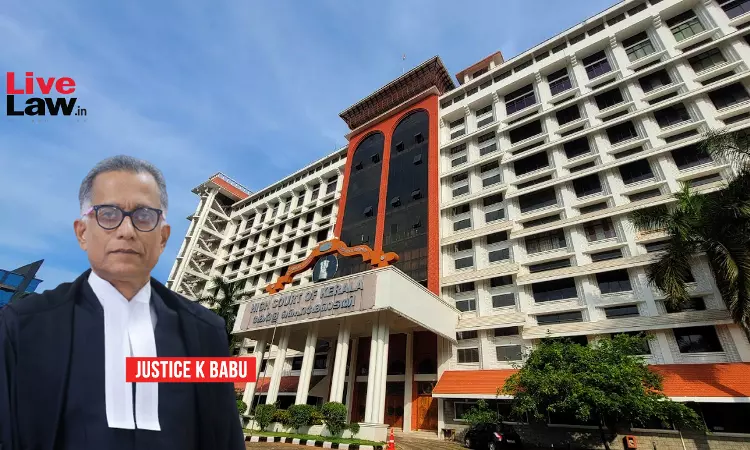The Kerala High Court has held that the power of a revisional court under Section 397 to 401 of the Criminal Procedure Code, 1973 ("CrPC") cannot be equated to that of an Appellate Court.The Bench comprising Justice K Babu thereby upheld the order of dismissal passed by a Magistrate.“Unless the finding of the court, whose decision is sought to be revised, is shown to be perverse or untenable...

